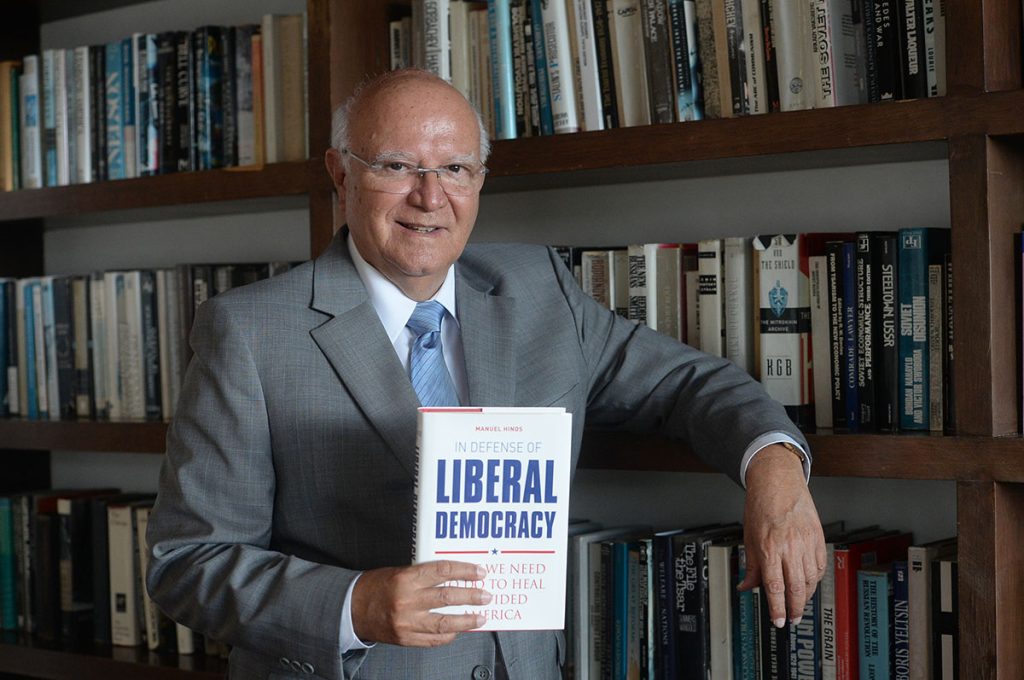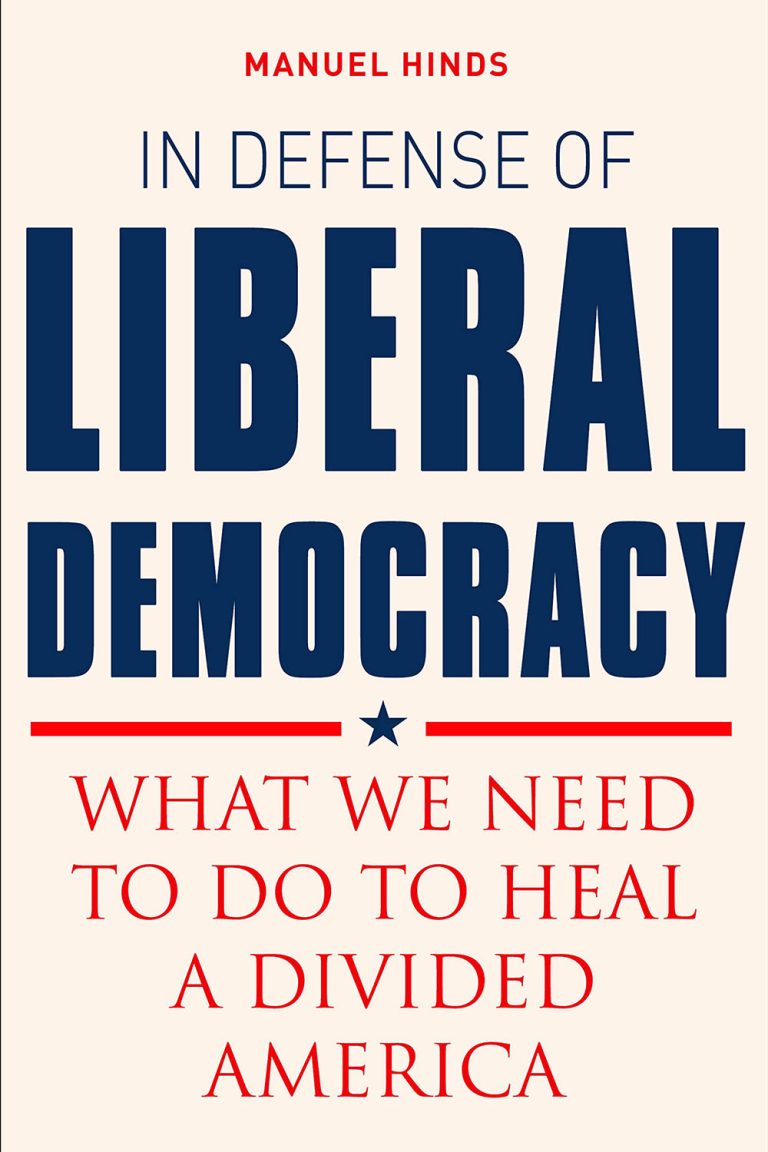About
 Manuel Hinds was born in Costa Rica in 1945, of Salvadoran parents, and grew up in El Salvador. He has three daughters and five grandchildren. He graduated as an Industrial Engineer by the University of El Salvador (1968) and took a Master’s Degree in Economics by Northwestern University (1974).
Manuel Hinds was born in Costa Rica in 1945, of Salvadoran parents, and grew up in El Salvador. He has three daughters and five grandchildren. He graduated as an Industrial Engineer by the University of El Salvador (1968) and took a Master’s Degree in Economics by Northwestern University (1974).
After a brief stint as minister of the economy in El Salvador, he worked at the World Bank as economist, senior economist, and principal economist in a division in the Latin America region and then in another division working around the world. Then he was division chief of Trade, Finance and Private Sector Development for Europe, the Middle East, and North Africa in the Technical Department. Altogether, he worked with more than thirty countries in all the regions in the Bank. In the late 1980s and up to 1993, he worked with East Europe at the time of the collapse of communism, with experience in Poland, Yugoslavia, and the Soviet Union, where he led several missions dealing with the overall reforms and the financial system. The British magazine The Economist recommended one of his papers on the process of reforms in the Soviet Union (“Issues in the Introduction of Market Forces in East European Socialist Economies, A Survey of Perestroika,” April 1990) saying that it “should be read by every student of the subject.”
In 1995 he became the minister of finance of El Salvador. Under his stewardship, the country carried out a series of reforms that modernized its economy and led its public debt to be rated as investment grade, one of only two in Latin America in the 1990s (the other being Chile). In 2004-2005 he served as the Whitney H. Shepardson fellow at the Council on Foreign Relations in New York. In 2010 he shared the Hayek Prize of the Manhattan Institute with Benn Steil for a book they co-authored. Since then he has worked as an international consultant. Throughout his career he wrote several papers and delivered many speeches in governments, universities, and other institutions all over the world.
